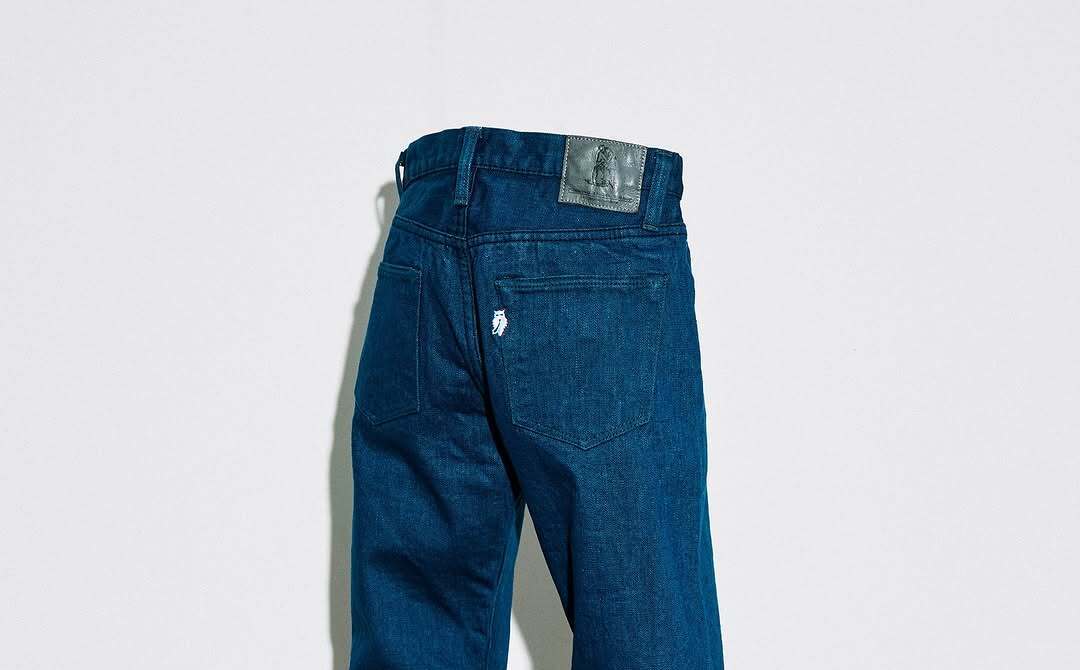On a mission to promote the diversity of the American state’s wines and lifestyle to Hong Kong, Asia Director of the California Wine Institute Christopher Beros talks to Stephenie Gee about California Wine Month and the Golden State of Mind.

David versus Goliath. Ford versus Ferrari. California wines versus the French. While the latter may seem trivial in comparison, the moment a 1973 Chateau Montelena Chardonnay and a 1973 Stag’s Leap Wine Cellars Cabernet Sauvignon – both Napa Valley wines – took the crown among Burgundy whites and Bordeaux reds at the Judgement of Paris in 1976 was nevertheless a watershed in the wine world. It was there and then that California wines made their mark on the global stage, shattering the assumption that no other nation than France was capable of producing great wine.
Also see: Fashion: “Techifying” custom-fit jeans
Fast-forward nearly 50 years and wines from the Golden State are now right up there with their French counterparts in terms of clout – and have become the go-to choice for many. With more than 4,700 wineries and 620,000 acres of vineyards, California produces wines that are generally synonymous with Cabernet Sauvignon. The robustness in flavour, high tannins and complex tasting notes of dark fruits and warm spices make them perfect for pairing with a meal, sipping during an after-dinner conversation or, really, enjoying all day long.
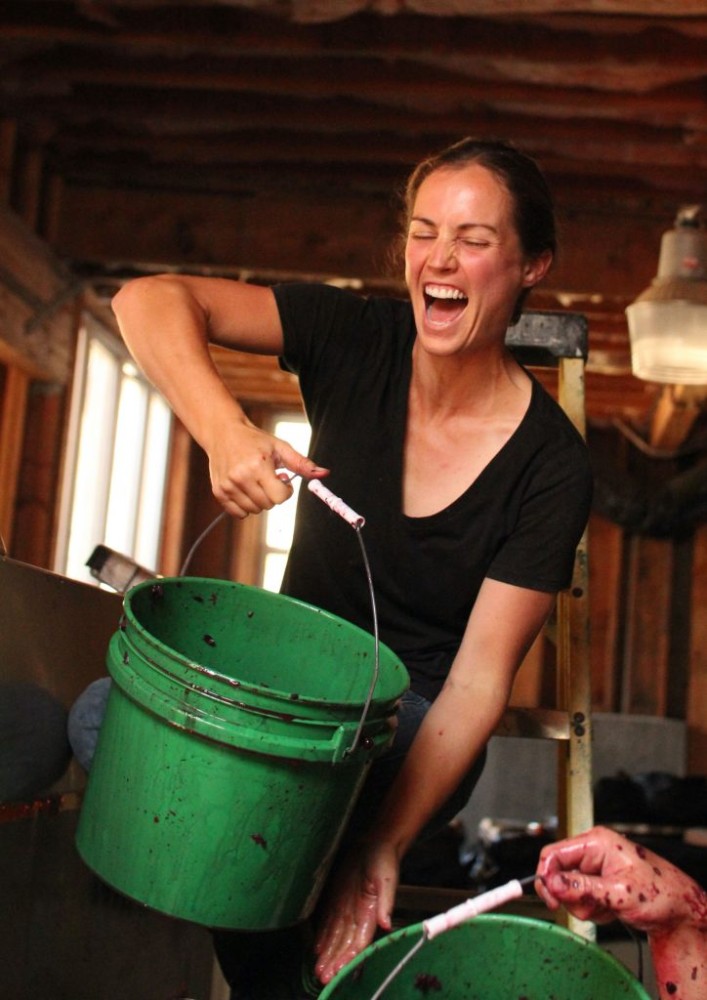
But as big of a name as they are – and rightfully so – California wines excel because of more than just the prodigious red wine. Blessed with incredible diversity in its terroir, the state has a place to grow nearly every type of grape from Chardonnay and Zinfandel to Riesling and Chenin Blanc.
“I think the difference with California wine starts with the unique terroir that is California,” says Christopher Beros, Asia director of the California Wine Institute. “I don’t believe that any other wine region in the world has the diversity of soil, topography and the incredibly important influence of the cold Pacific Ocean coming up against the coast and into the wine-growing regions, which generally are quite warm in the summer, that we have.”
Also see: New fragrance collections for a fresh summer
“California has the longest and driest growing season of any major wine-growing region in the world and this allows the fruit to develop complete physiological ripeness, which is expressed in the glass with complexity, structure and very high quality.”
This is what California Wine Month, the brainchild of the institute, is about. “To encourage wine lovers to discover the diversity of the Golden State and its wines.”
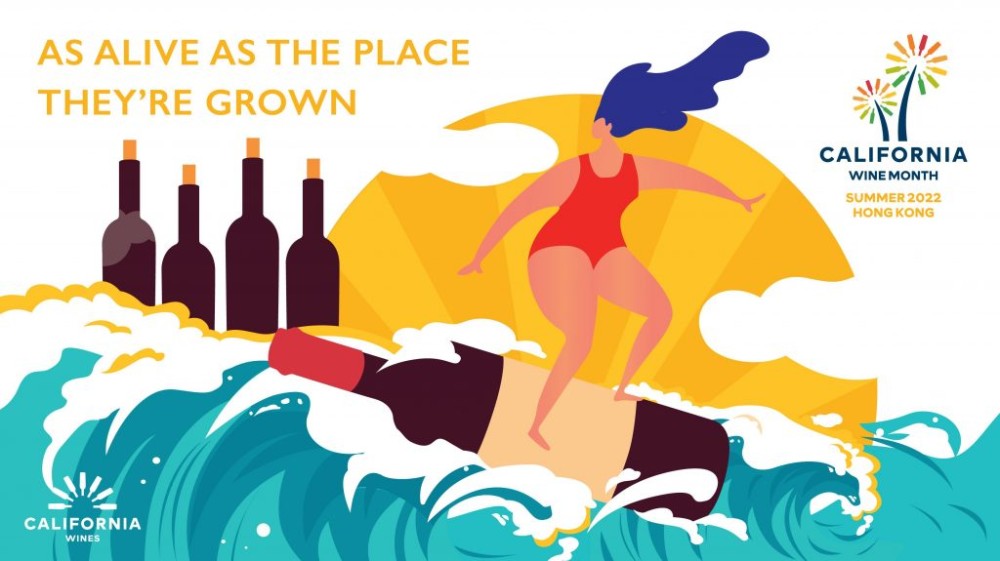
A local campaign that began as a summer-long celebration of the top wine-producing state in the US and the world’s fourth leading wine producer after France, Italy and Spain, the celebration is coming to Hong Kong for the fourth time – motivated, it seems, by the increasing popularity of New World wines and the eagerness of consumers to embrace new tastes.
Also see: What to watch on Netflix this August
A developed and mature market in terms of wine consumption and a prime export destination for many wine-producing countries, Hong Kong has been dominated by French labels for the most part, like most others around the world, with its strong presence and reputation overshadowing other participants. This was until the last decade or so when Hong Kong’s wine market saw a boom, sparking an increase in imports of US wine and the nurturing of an increasingly profound appreciation for California wines.
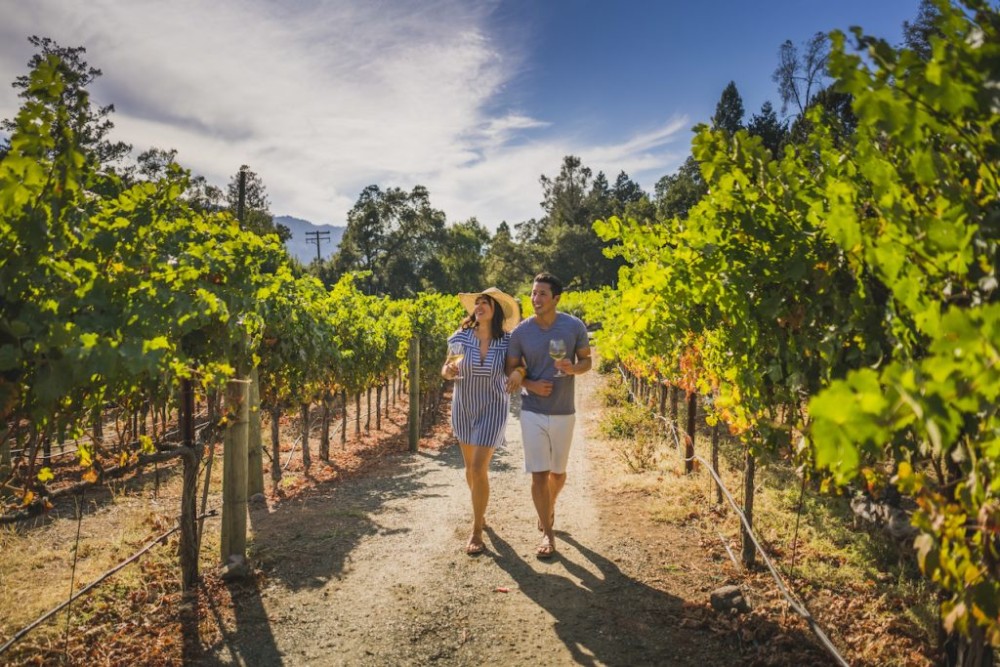
Even in these complex circumstances, the popularity of California wines continues to grow exponentially. “During these Covid times, we have a 5.5 per cent market share and a 23.7 per cent increase year-on-year growth on wine exports to Hong Kong,” Beros says.
Besides numerous highlights from retail promotions to educational seminars and giveaways to tasting sessions, this year’s wine month also brings a special pop-up store Sips of Summers, which, through a specially curated exhibition, endeavours to tell the stories of important and significant events in California wine history that helped shape the industry as we know it today. A case in point is the Gold Rush of 1848 when the historic phenomenon led to a massive economic and social activity increase and the founding of numerous farmlands for wine grapes.

Also see: Zuma Hong Kong celebrates its 15th anniversary with a special tasting menu
Prohibition is another one, being an era that helped to set the stage for the industry. “An act that prohibited the manufacture of alcohol, it affected the California wine industry and its road to how wineries survived and boomed after the act was repealed, moving on to a path where fine wines were made,” says Beros.
Open from July 1 to 16 at The Wild Lot in Sheung Wan, the exhibition offers both novices and wine lovers a taste of the California wine lifestyle, which, as Beros explains, is one of versatility and possibilities – “You can drink California wines anytime, anywhere. It’s for special and everyday moments. One can relax with California wines with their food or alone” – and one wholly in line with the Golden State of Mind we see embodied in the industry and its vibrant wines.

Encompassing the pillars of boldness, optimism, innovation and sustainability, how do they translate into California’s wine practice? Take innovation, for instance. “There are very few rules in the production of California wine other than accurate labelling regarding variety, vintage and origin. Other than that, winemakers can make any wine they like. They can innovate with different grape varieties, they can plant fruit anywhere in the state, they can try innovative winemaking techniques. So even in making grape wine, winemakers can be innovative, and bold and work to make a product that consumers will love regardless of what’s happened before.”
Also see: Who wore what: The most luxurious jewellery at the 2022 Hong Kong Film Awards
Sustainability is a watchword for all aspects of contemporary life and the California wine industry is no different, with all this innovation taking place in an environment of sustainability whilst following the philosophy of protecting our surroundings for the future generation. “Eighty per cent of the state’s wine is made in certified sustainable wineries,” adds Beros. “While sustainable practices may include elements of organic, Biodynamic and regenerative farming, sustainability is broad in scope, encompassing energy and water efficiency, employee relations, community engagement and more.”
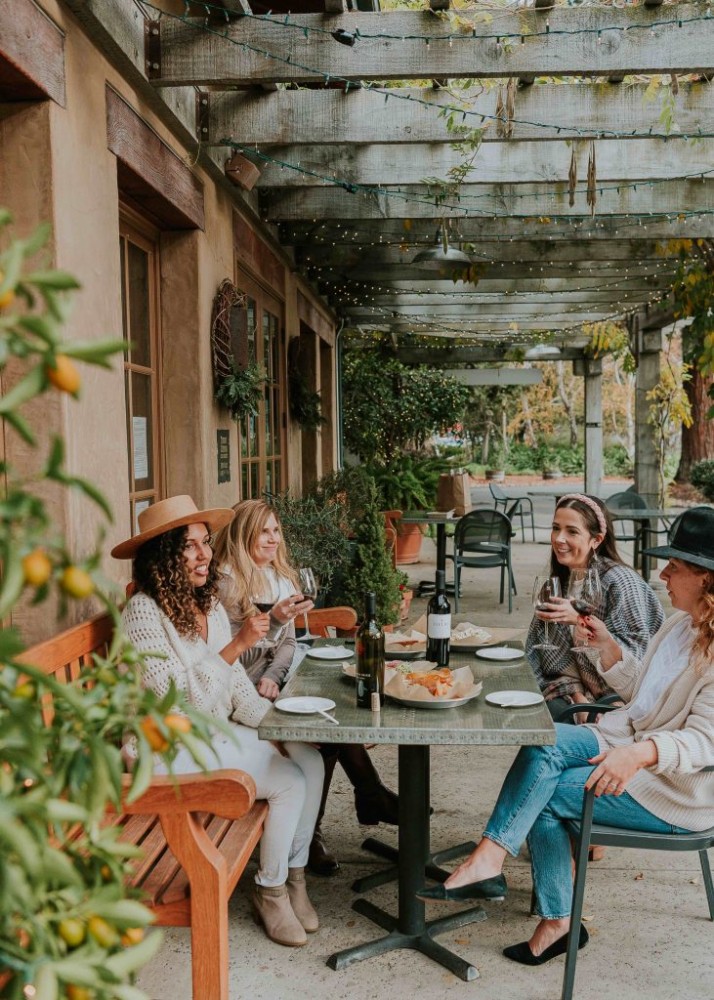
But more than that, it’s the “California spirit of inclusiveness and open-mindedness and the idea that anyone can succeed if they have new ideas and are willing to develop those ideas” that lies at the heart of the modern California wine identity.
“California’s attitude encourages experimentation and ‘trying something new,’” says Beros. “And what gives our wines character and voice is exactly the ethos of the people who make it and what they believe in. Anything is possible – this is our Golden State of Mind.”
Also see: 5 things to know about SHINee’s Taemin





